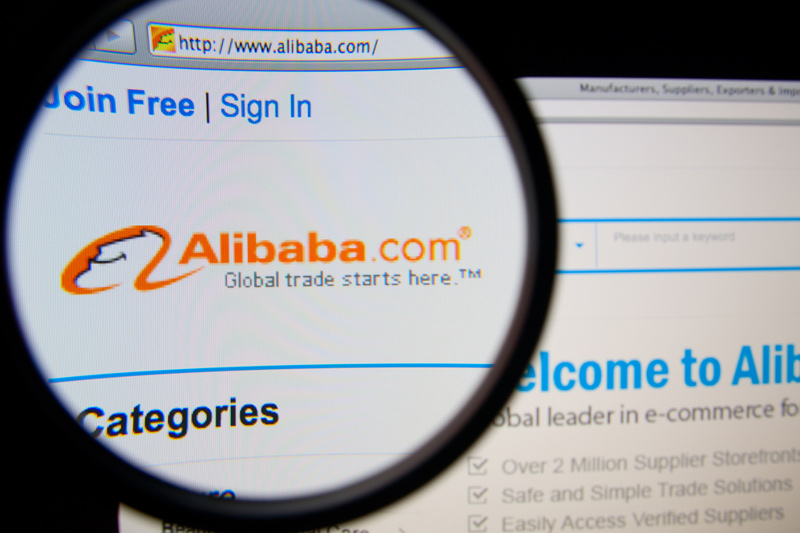By Kukil Bora - Alibaba’s Yu’E Bao, an online investment fund that has experienced stunning growth since it opened last June, is moving toward riskier investments to maintain its appeal among investors, according to a report.
Yu'E Bao, which was expected to “shake up the sclerotic Chinese banking sector,” became popular by offering investors better liquidity and higher rates of return, than what state-regulated banks could, according to The Economist. The Chinese government caps interest rates on bank accounts at 3.3 percent for a one-year deposit. Yu’E Bao attracts investors by allowing them to invest in a money-market fund, which invests in the interbank market, to generate higher returns while also allowing depositors to withdraw funds at any time.
Until the end of last year, the fund offered annual returns of over 6 percent, but recently it paid out just over 4 percent, which have led investors to look elsewhere, the report said, noting that the fund received 130 billion yuan ($19.4 billion) in the fourth quarter of 2013 and 356 billion yuan ($57.5 billion) in the first quarter of 2014. However, in the last quarter, it has received only 33 billion yuan ($5.3 billion).

Yu'E Bao's model worked, according to The Economist, by offering consumers access to short-term assets with higher returns at a time when liquidity conditions in China were tight -- a structure that was essential to the fund's success. But, things changed since the beginning of the year, as China’s central bank steadily poured cash into the country’s banking system, dragging interbank rates down from about 5 percent to nearly 3 percent over the past few months, according to the report.
The fund reportedly responded to this change by shifting its focus to invest in longer-term maturities in order to continue offering higher returns to investors.
In the third quarter of 2013, which was Yu’E Bao’s first full quarter, more than 70 percent of its assets were invested in products with maturities of less than 60 days, according to The Economist. That proportion dropped to 43 percent by the second quarter of 2014, while assets invested in products with maturities of more than 90 days increased to 33 percent, up 30 percentage points from the first quarter.
In addition, Yu’E Bao is also moving more of its assets to riskier, high-yield and off-balance-sheet loan products, investing 9 percent of its assets in such products, up from 3.5 percent in the first quarter -- a practice that has turned Yu’E Bao into “more of a shadow bank,” Trevor Kalcic, an analyst with CIMB, told The Economist. The report noted that this maturity mismatch has been "a cause time and again of instability in financial institutions."
While Jack Ma, the founder of Alibaba, said last year that his company intends to disrupt the banking sector by pushing into Internet finance, some analysts believe that investment funds, such as Yu’E Bao, will not threaten China’s financial system.
“The banks we spoke with do not consider money market-based Internet financial products such as Yu’E Bao…too much of a threat,” May Yan, a Barclay’s bank analyst, told the Wall Street Journal, earlier this year. “They plan to overcome the deposit challenge by introducing their own Internet money market funds and enhancing their customer base.”
Alibaba is preparing for a huge initial public offering, or IPO, that could be the global technology industry's largest, in New York later this year.
